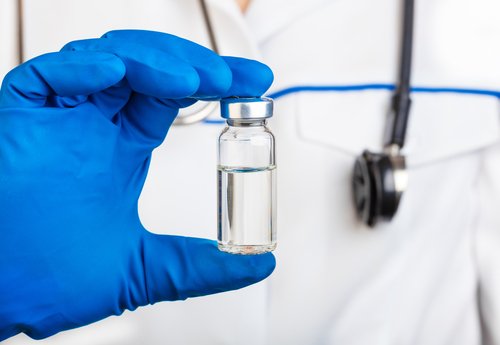Expert Panel Concludes That Using Biosimilars is Safe in Treating Rheumatic Diseases

Sufficient scientific evidence exists to support the switch from bio-originators to biosimilars to treat rheumatic diseases, concluded a task force of experts from 10 countries.
Their study, “Consensus-based recommendations for the use of biosimilars to treat rheumatological diseases,” appeared in Annals of the Rheumaetic Diseases.
Patients with inflammatory diseases generally receive biological agents, like antibodies, greatly contributing to their improvements. But such drugs are expensive, limiting access to such treatments.
Patents no longer protect many of these biological agents. For this reason, companies produce biosimilars — or biological products that resemble the original biological product — at a much lower price. In fact, U.S., European and Japanese regulatory agencies have already approved biosimilars of adalimumab, etanercept, infliximab and rituximab.
While experts have extensively researched the legal and regulatory aspects of biosimilars, little has been published on evaluating the scientific data available for these drugs. This led a multidisciplinary, multinational group including experts in rheumatology, dermatology and gastroenterology, pharmacologists, patients, and a regulator to jointly evaluate the use of biosimilars in treating rheumatic disease patients.
Their goal was to develop an evidence-based statement on biosimilars by assessing the literature. They searched online databases of relevant publications and analyzed 29 papers. This led to five overarching principles and eight consensus recommendations regarding the use of biosimilars. These cover issues such as clinical trials, immunogenicity, extrapolation of indications, switching between bio-originators and biosimilars and among biosimilars, and cost.
The group of experts concluded that biosimilars are unlikely to clinically differ from bio-originators.
“There remains concern about switching between two biosimilars or between a bio-originator and its biosimilar on multiple occasions because adequate studies have not yet been conducted to assess these circumstances,” the report concluded. ” To facilitate making informed decisions about therapeutic substitution with biosimilars, healthcare providers are encouraged to gather pharmacovigilance data in registries about the outcome of such switches made in the context of clinical practice.”





